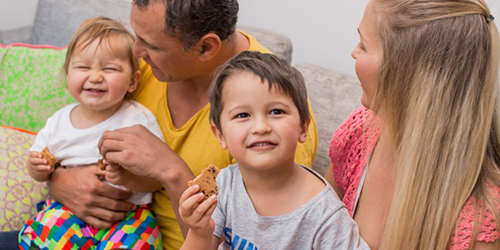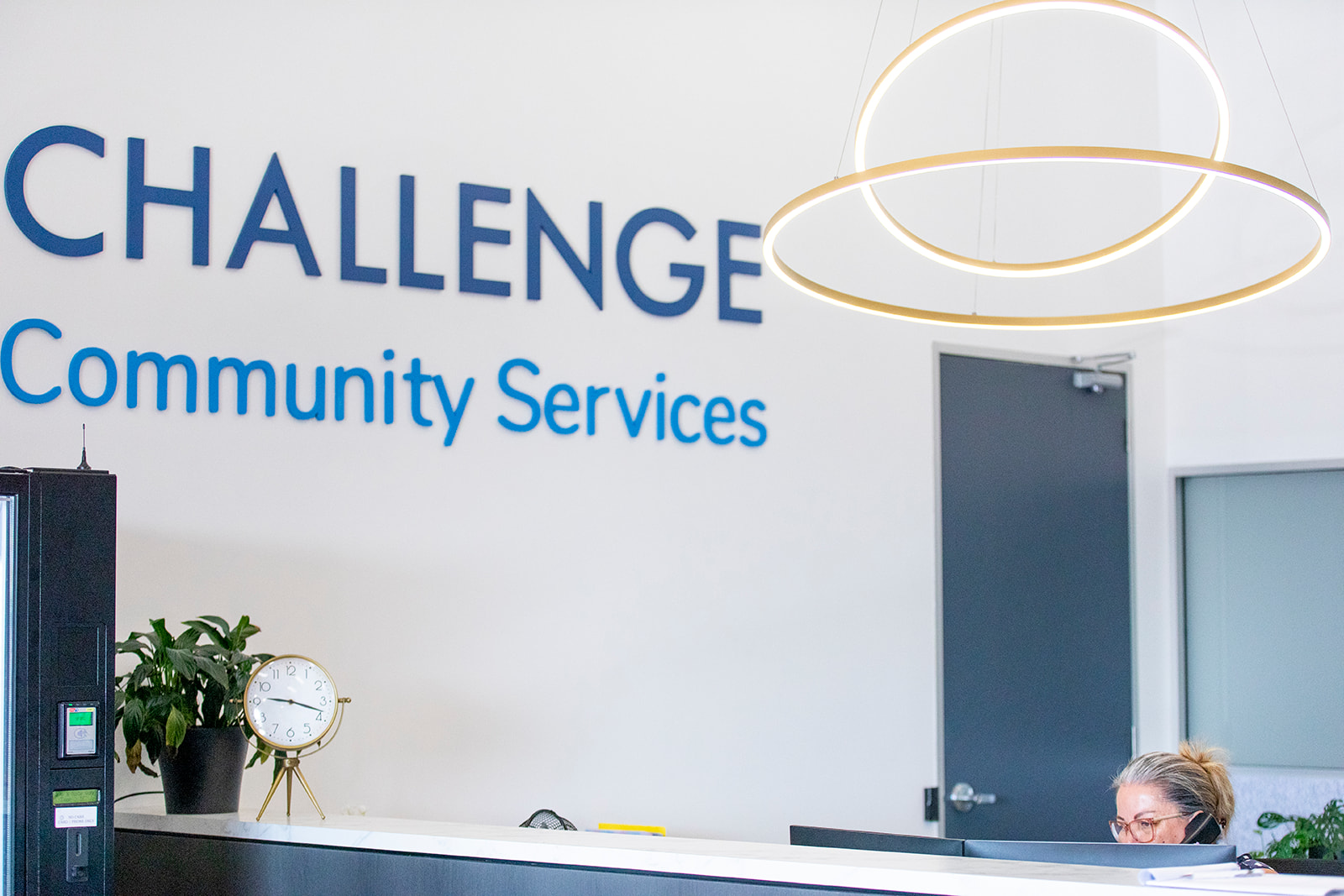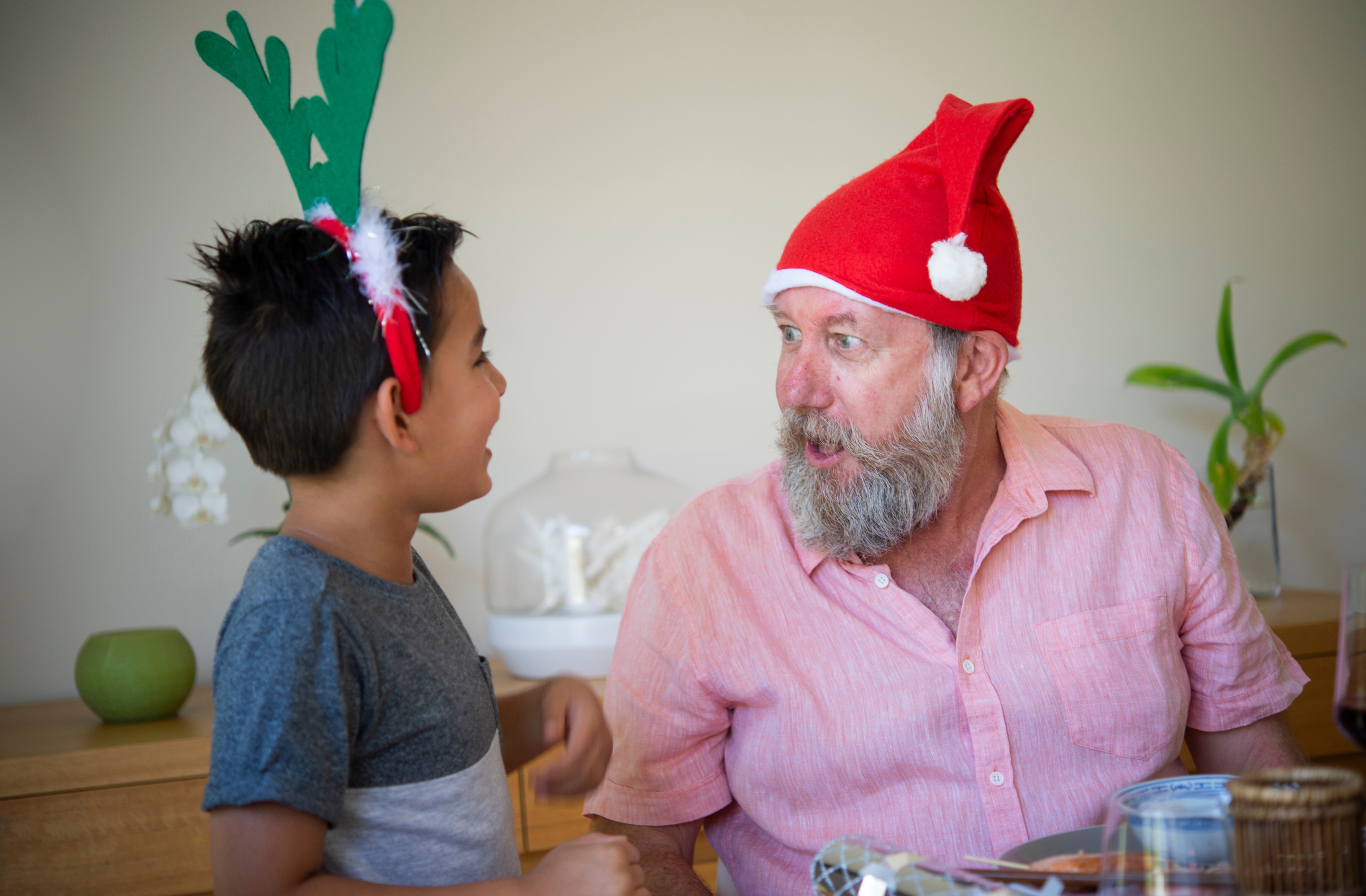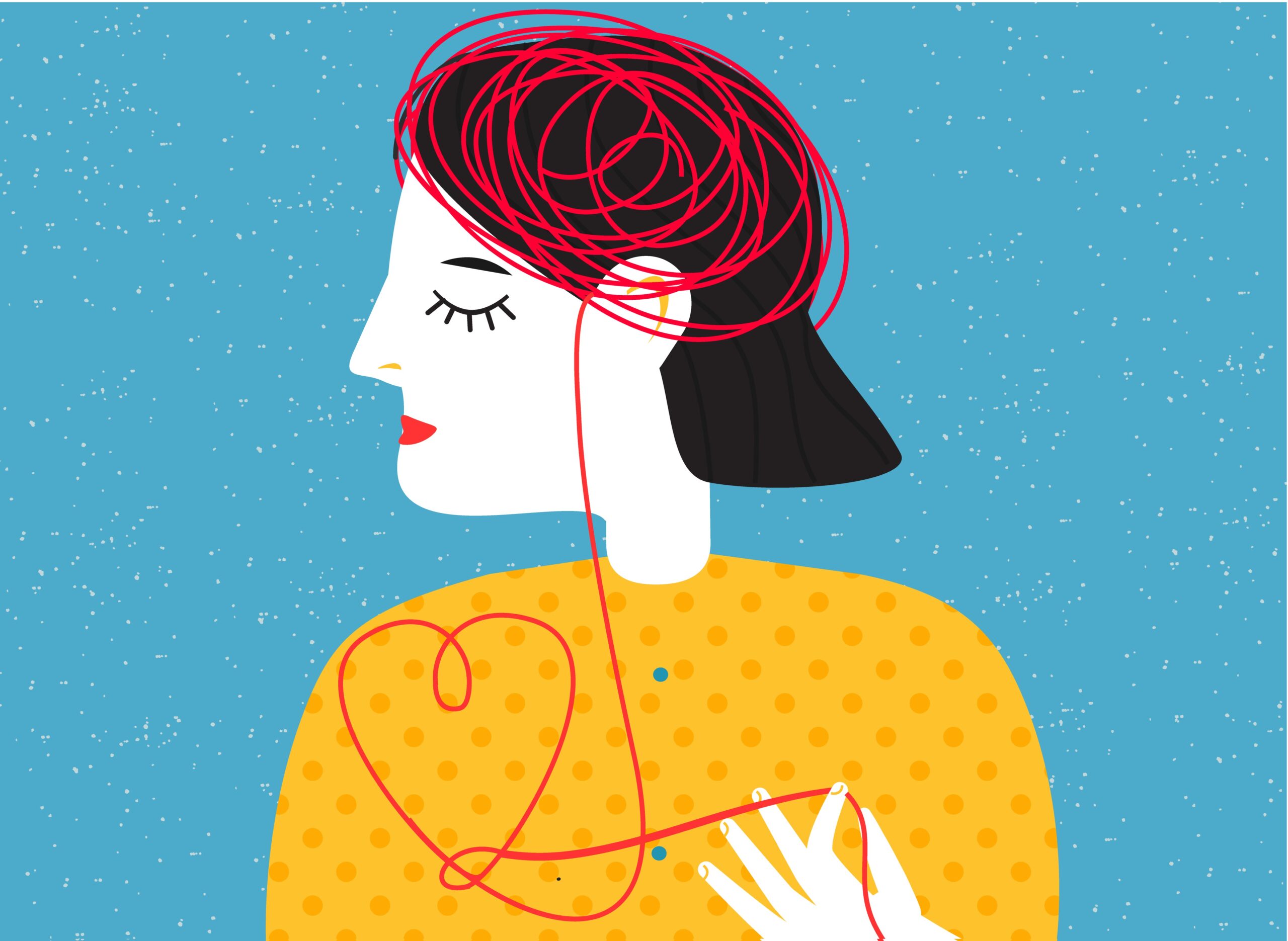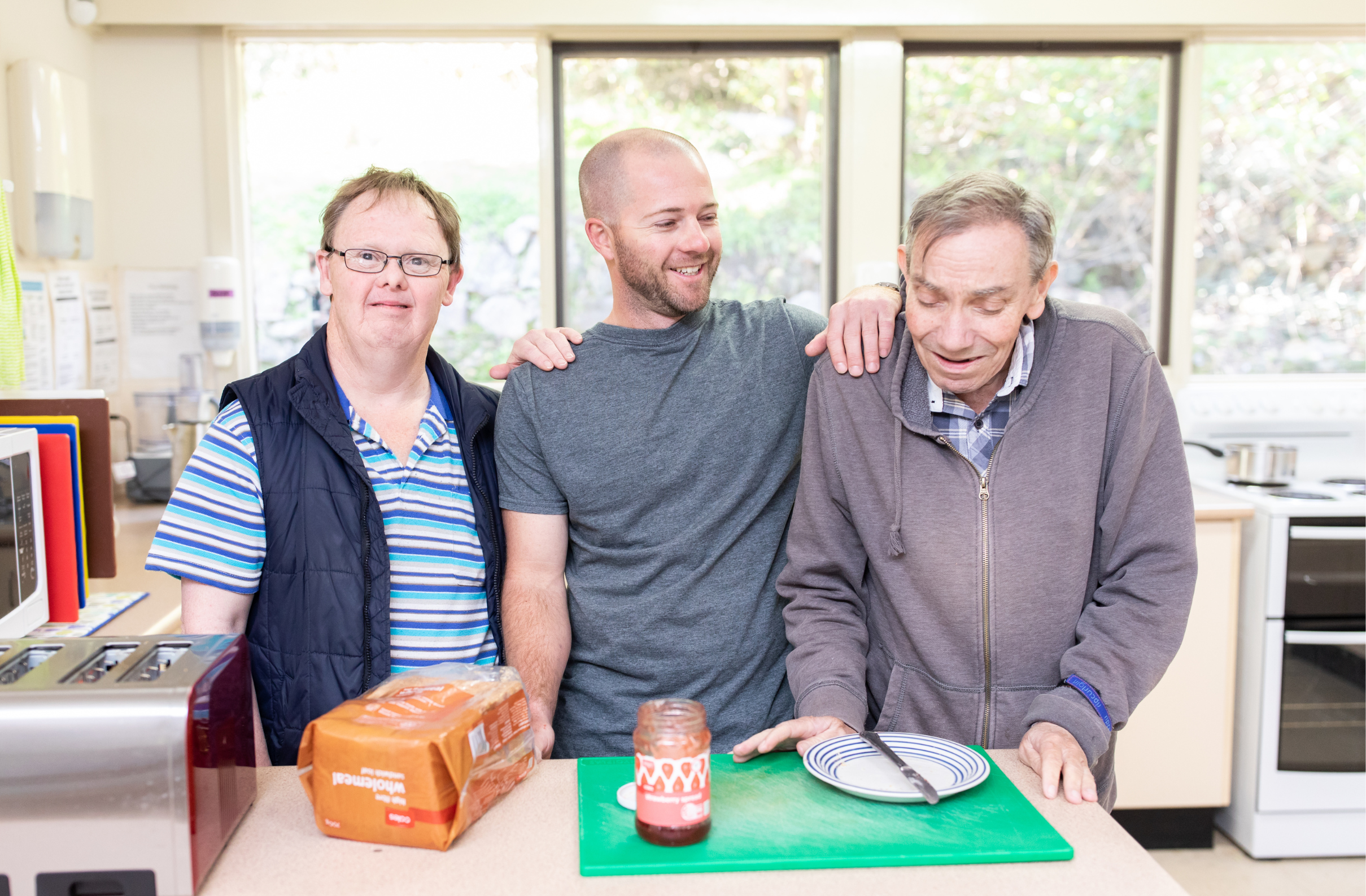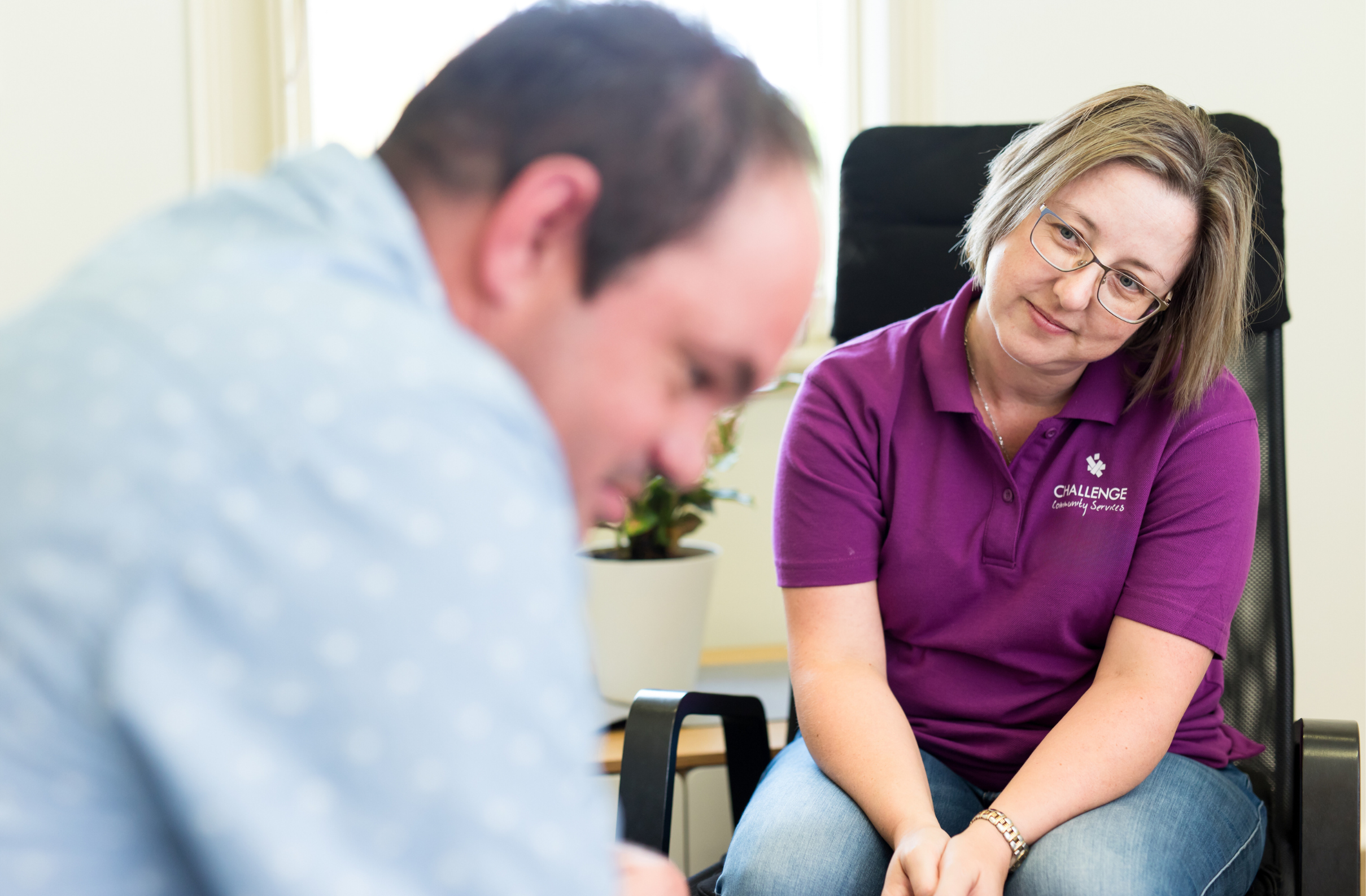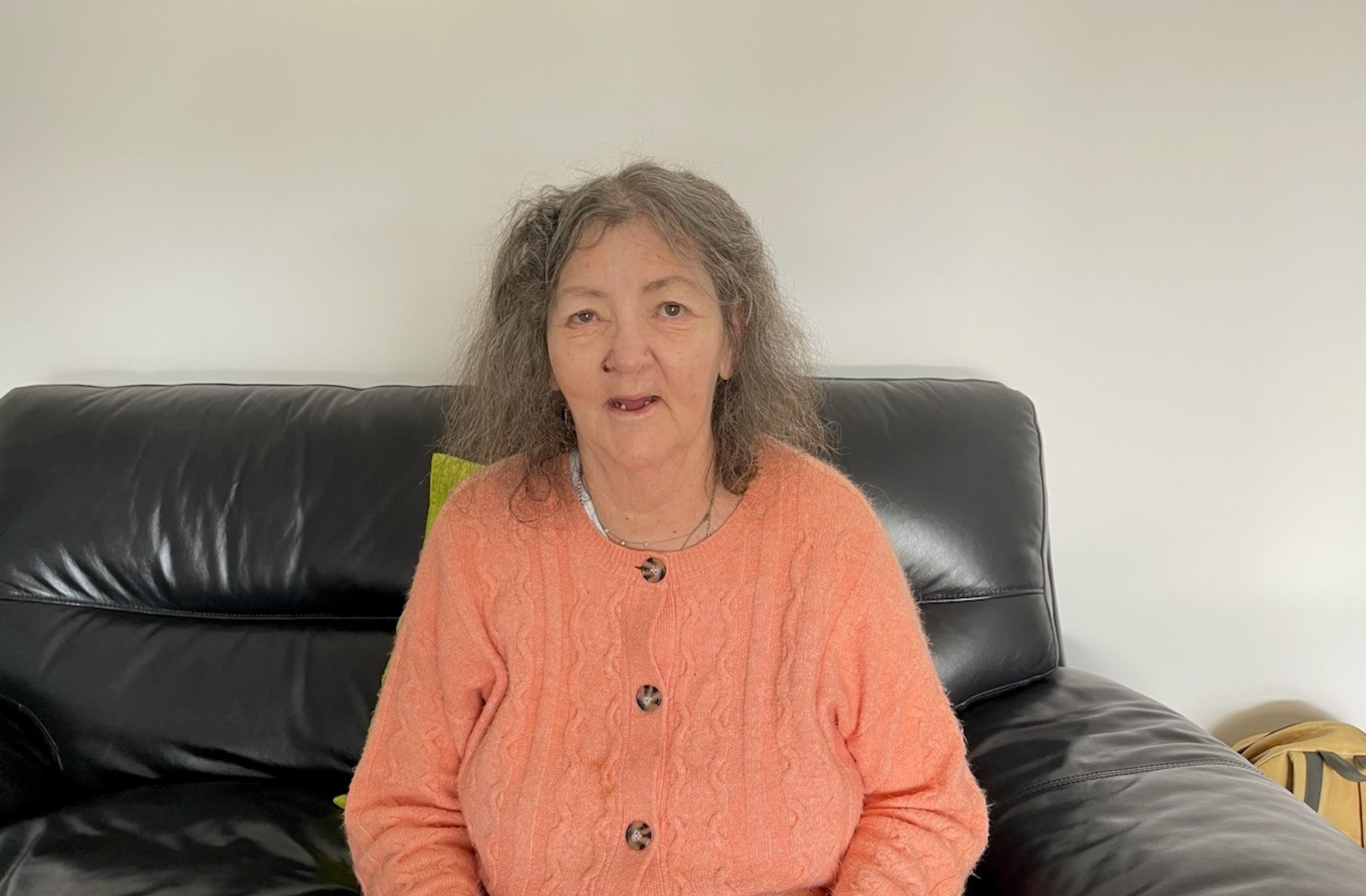When a newborn comes into the world dependent on methamphetamines, they need a very special kind of care. So, when baby Melissa* was referred to Challenge Community Services for out of home care, we contacted our lovely carers Grace* and Adam*..
With Grace and Adam’s loving home care following the initial hospital treatment to reverse the effects of prenatal methamphetamine exposure (PME), Melissa made significant progress. But after a few months Grace and Adam knew that Melissa wasn’t developing as she should be. Suspecting she may have brain injury as a result of the PME, the couple contacted Challenge Community Services who helped them get in touch with medical professionals who could help Melissa.
People who choose to support children and young people in foster care are unique individuals who perform a vital role in the community.
Not all children in care have been affected like Melissa, although many have experienced or witnessed traumatic events in their short lives. This makes the work of a foster carer unique. At a time of great need, foster carers provide a safe and loving haven. The foster carers become the most important people in the child or young person’s life.
Helping children who need care is a team approach with each person sharing responsibility for the child’s welfare. This includes the child’s birth family and friends, the foster care agency, a 24/7 casework support, health practitioners, Communities and Justice (DCJ) and the child’s school. All of these people and organisations work together to look after the best interests of the child or young person.
No matter how long a child is in your care you will be making a positive difference to their life.
Deciding to become a foster carer might seem like a big step into the unknown. In many ways it is a leap of faith because the foster care journey is full of uncertainties. The uncertainty of taking on a new role, the uncertainty of when a child will be placed in your care, how old that child will be and how long they will stay with you.
While it’s true that as a foster carer you may not be able to plan what will happen over the next year, or even over the next weeks, there is one constant. No matter how long a child is in your care, you will be making a positive difference to their life and even completely turn a child or young person’s life around.
‘Placing a child with the right carer is vitally important for both the child and the carers,’ says Kayla Bevear, Carer Compliance Officer with Challenge Community Services. ‘When we talk to prospective foster carers, it’s a not a test, we’re not trying to catch them out. Not all families are suitable for every child, so our focus is always on finding the right match. For example, there might be a special reason why we think a child would thrive better in a single parent household or a larger family with children close in age.’
The goal is always to restore the child to their family of origin provided it is safe to do so within 2 years of the child being placed in out-of-home care. As a foster carer this may mean accepting that the child or young person may return to their family of birth.
Many people say becoming a foster carer was the best
decision they ever made.
Many children and young people needing out-of-home care have never experienced a safe home environment or consistent care. ‘Giving the children a safe and secure place to stay is always the priority – it’s all about the children and what they need,’ confirms Kayla. ‘But as a foster carer it’s perfectly okay to say “no” if you don’t feel you can care for a particular child, or you have been through the process and don’t feel you’re ready yet. During the application process prospective carers attend training in helping children who have experienced trauma. After a child is placed with a family, the foster carers also have ongoing support from a dedicated case worker.’
Challenge Community Services welcomes carers of all different backgrounds and marital status. You might be surprised at how possible it is to become a foster carer. Whether you are single, in a relationship (including same sex) the first step is to contact Challenge Community Services to talk to someone about your circumstances.
Quietly dedicating themselves to nurturing children in need, foster carers like Grace and Adam, and many other people with a lot of love to give, are making a real difference to the lives of children and young people in care. Many say becoming a foster carer is the best decision they have ever made and the most rewarding thing they have ever done.
Are you ready to turn around the life of a child or young person in crisis? You might be surprised at how possible it is to become a foster carer. Find out more at Challenge Community Services, 1800 084 954, or email fostercare@challengecommunity.org.au
*Names changed and models used to protect privacy


